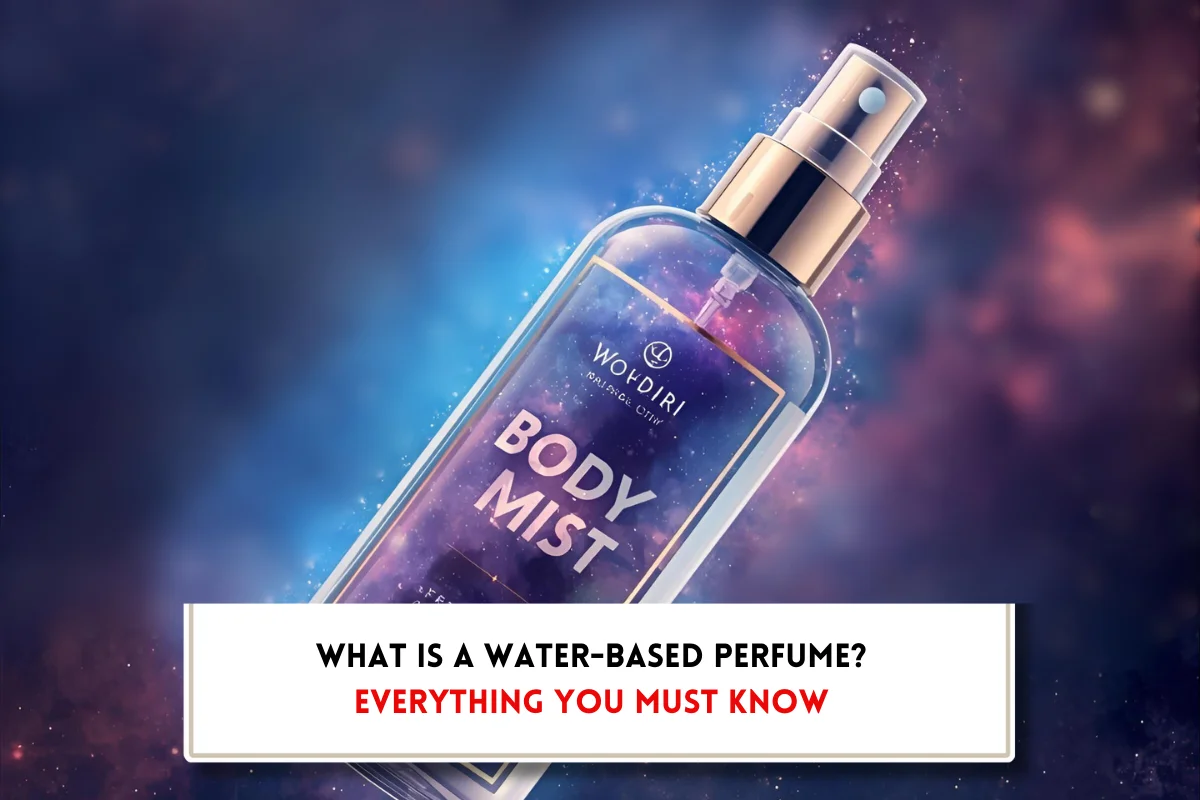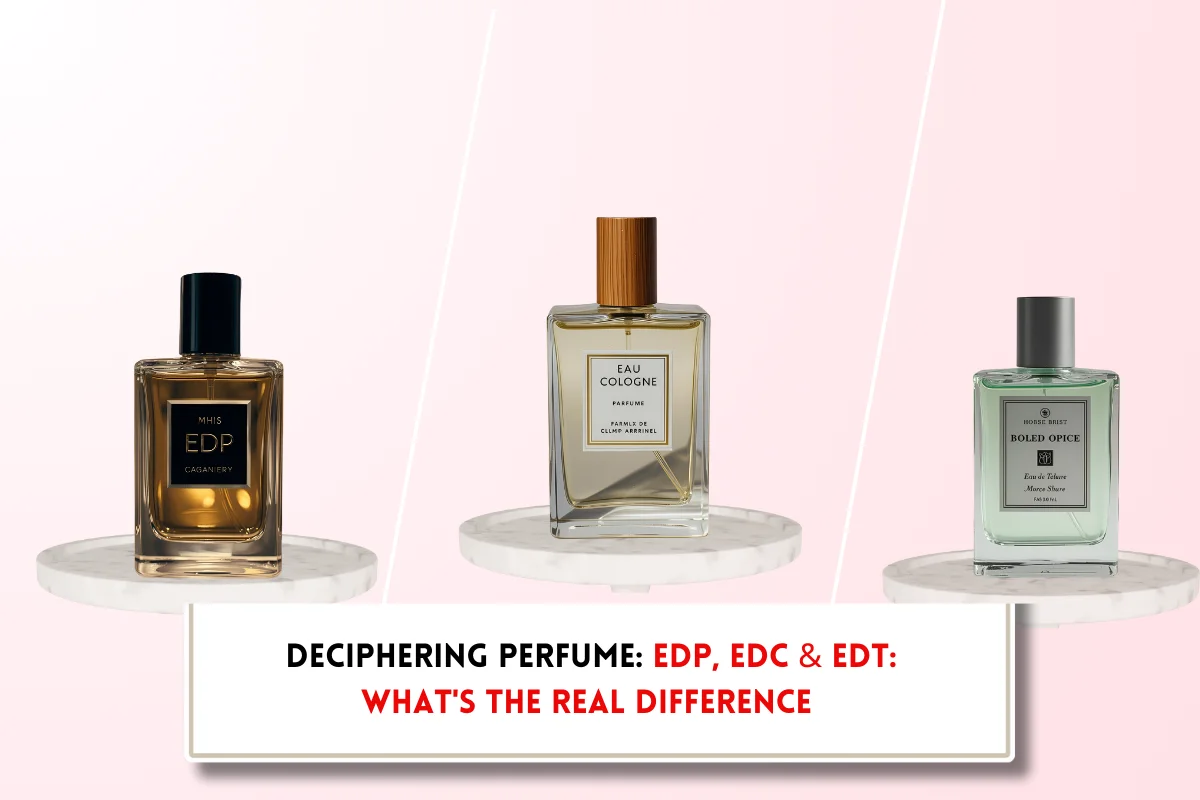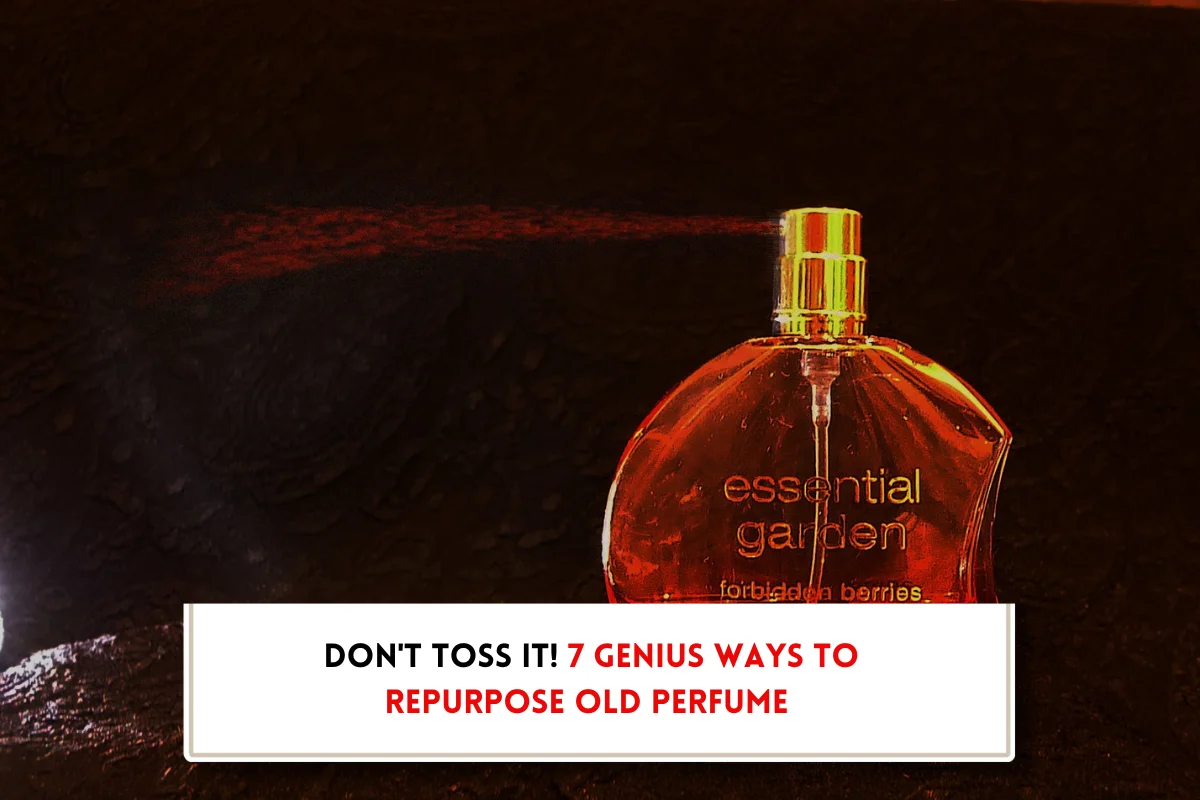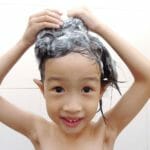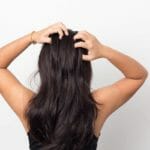Is hair spa good for frizzy hair?: Let’s find out!
At BeautyCaters, our expert team independently curates every recommended product. Purchases through our links may earn us a commission. Explore our transparent selection process.
Frizzy hair is a frustrating nightmare. Those unruly, shine lacking locks is so unconquerable. While traditional styling methods often fall short in taming them, hair spa has been acclaimed to offer a potential solution. But, is it really worthwhile? Is hair spa good for frizzy hair? Let’s explore whether and how these pampering treatments turns to be the magic potion for your frizzy locks.

Understanding frizzy hair
Frizzy hair is a common hair concern that can be frustrating to manage. This unruly hair behavior is primarily caused by a lack of moisture within the hair shaft. When the hair is dehydrated, the outer cuticle layer becomes rough and lifted, allowing moisture from the environment to penetrate, causing the hair to swell and appear frizzy.
Causes of frizzy hair
Several factors contribute to frizzy hair. But the most common concern are:
- Low humidity: Dry environments can exacerbate frizz by depleting the hair’s natural moisture content. As the hair searches for hydration, it absorbs moisture from the air, causing the cuticle to swell and create a frizzy texture.
- Heat styling: Excessive use of hot styling tools, such as curling irons, flat irons, and blow dryers, can weaken the hair’s protein structure, leading to damage and cuticle lifting. This compromised cuticle allows moisture to penetrate the hair shaft more easily, resulting in frizz.
- Chemical treatments: Hair coloring, perming, and straightening processes involve the use of chemicals that can alter the hair’s protein bonds, disrupting the cuticle and increasing porosity. As a result, the hair becomes more susceptible to moisture absorption and frizz.
- Product buildup: The accumulation of styling products, hairsprays, and other residues on the hair can create a barrier, preventing moisture from penetrating the hair shaft. This buildup can also weigh down the hair, making it appear limp and lifeless, which can indirectly contribute to frizz.
- Hair texture and porosity: Naturally curly or wavy hair types are more prone to frizz due to their inherent hair structure. Additionally, high porosity hair, which has a raised cuticle, is more susceptible to moisture absorption and frizz.
- Friction and manipulation: Frequent brushing, combing, and towel rubbing can create friction, leading to cuticle damage and increased frizz.
Characteristics of frizzy hair

Frizzy hair is characterized by a lack of moisture and a disrupted hair cuticle, resulting in a tangled, unruly appearance. The key characteristics are:
- Dryness: Frizzy hair often lacks moisture, leading to a brittle and dehydrated texture.
- Lack of shine: The raised cuticles of frizzy hair scatter light, resulting in a dull and lifeless appearance.
- Unpredictable behavior: Frizzy hair is prone to changes in texture and volume depending on humidity levels, making it difficult to style.
- Tangles and knots: The rough and uneven surface of frizzy hair can easily tangle and knot, causing breakage and damage.
Types of frizzy hair
Frizzy hair isn’t a one-size-fits-all condition. It manifests differently based on hair texture and porosity.
- Curly hair: Known for its natural curl pattern, Tightly coiled curls are often prone to dryness and frizz due to its unique structure. The lack of moisture can accentuate curl definition but also leads to frizziness.
- Wavy hair: Falling between straight and curly, wavy hair can experience frizz, especially in humid conditions. The combination of curls and straight sections can create a challenging texture to manage. Loose waves can easily become frizzy in humidity.
- Straight hair: While less prone to frizz compared to curly and wavy hair, straight hair can still encounter frizz because of heat styling, dryness, or environmental conditions.
- Thick hair: Coarse or thick hair tends to be more resistant to styling and can develop frizz if not properly moisturized and managed.
- Fine hair: While less prone to severe frizz, fine hair can appear frizzy due to dryness and lack of volume especially in humidity.
| Type | Description |
| Curly | Tightly coiled curls that are prone to dryness and frizz. |
| Wavy | Loose waves that can easily become frizzy in humidity. |
| Straight | Smooth but can frizz due to heat damage and dryness. |
| Coarse | Thick strands that tend to be drier and frizz-prone. |
| Fine | Thin strands that may show frizz easily, especially in humidity. |
Benefits of hair spa on frizzy hair

To manage frizzy hair effectively, a hair spa treatment can be incredibly beneficial. Allowing for tailored care, these treatments address multiple hair concerns while promoting overall health. Let’s examine into the specific benefits you can gain from opting for a hair spa treatment.
- Moisturization and hydration: A crucial benefit of a hair spa is the deep moisturization and hydration it provides. When your hair absorbs the nourishing oils and treatments, it helps restore moisture levels that are commonly lacking in frizzy hair. This process not only softens your hair but also brings it back to life.
- Improved hair texture and shine: Hair spa incorporate specially formulated conditioners and masks that penetrate deep into the hair strands, smoothing the cuticles. This process enhances your hair’s natural shine while transforming its texture, making it silkier and more manageable. You’ll notice a remarkable difference in how your hair feels and appears.
- Damage repair and strengthening: Hydration is key to damage repair and hair strengthening. Hair spa fortify hair with crucial nutrients that revitalize weakened strands, helping to restore their health and elasticity. You will find your hair feeling stronger and less prone to breakage.
- Frizz control and manageability: A dedicated hair spa treatment works wonders on frizzy hair. It creates a protective layer that smoothens the cuticles, combating unruly frizz that makes your hair difficult to style. With regular hair spa sessions, your hair becomes easier to manage.
Also Read: Can I color my hair after hair spa?
Hair spa techniques that tame frizz
The techniques used in these therapies can significantly enhance your hair’s texture and overall health. Let’s research into some of the most effective hair spa techniques that you can incorporate into your routine for manageable, frizz-free hair.
- Deep conditioning treatments: These treatments penetrate the hair shaft, providing it with the moisture and nutrients needed to restore its vitality. Regularly indulging in deep conditioning can lead to noticeably smoother and healthier hair.
- Scalp massage and stimulation: Scalp massage and stimulation is more than just a soothing experience. It promotes blood circulation to your scalp, which nourishes your hair follicles. Further, natural oils, such as coconut or jojoba oil, you provide added hydration and nourishment that can help tame frizz effectively.
- Hot oil treatments: Hot oil treatments work great on dry, frizzy hair. The warmth from the oil opens up the hair cuticles, allowing for deeper penetration and better moisture retention.Plus, it also add a protective layer to prevent further damage. Regular hot oil treatments can lead to smoother hair and reduced frizz, making them a must-try for anyone battling unruly locks.
- Use of serums and leave-in conditioners: Serums and leave-in conditioners hydration and protection from external factors causing frizz.A lightweight hair serum after washing your hair can help lock in moisture throughout the day. Leave-in conditioners work similarly ensuring that your hair remains manageable and free from frizz.
Post-spa hair care tips for frizzy hair

To prolong the effects of your hair spa treatment and maintain healthy, frizz-free hair, it’s essential to incorporate proper aftercare into your routine.
- Avoid tight hairstyles: These can cause breakage and damage, undoing the benefits of the hair spa treatment. Opt for loose hairstyles to allow your hair to breathe.
- Gentle hair care: Use sulfate-free shampoos and conditioners designed for your hair type to maintain moisture balance and prevent further damage.
- Limit heat styling: Reduce the use of hot styling tools like curling irons and straighteners to protect the hair cuticle and prevent frizz.
- Regular deep conditioning: Continue to nourish your hair with deep conditioning treatments at home to maintain the hydration and smoothness achieved during the hair spa.
- Protect from environmental factors: Shield your hair from the sun, pollution, and chlorine by wearing a hat or using hair products with UV protection.
Final Word: Is hair spa good for frizzy hair?
So, is a hair spa the ultimate frizz-fighter? The answer is a resounding yes! By deeply conditioning, hydrating, and smoothing the hair cuticle, hair spas can work wonders for taming those unruly locks. Remember, consistency is key. Regular hair spas, combined with the right hair care products and styling techniques, can help you embrace your natural texture while minimizing frizz. Say goodbye to bad hair days and hello to smooth, manageable hair!

